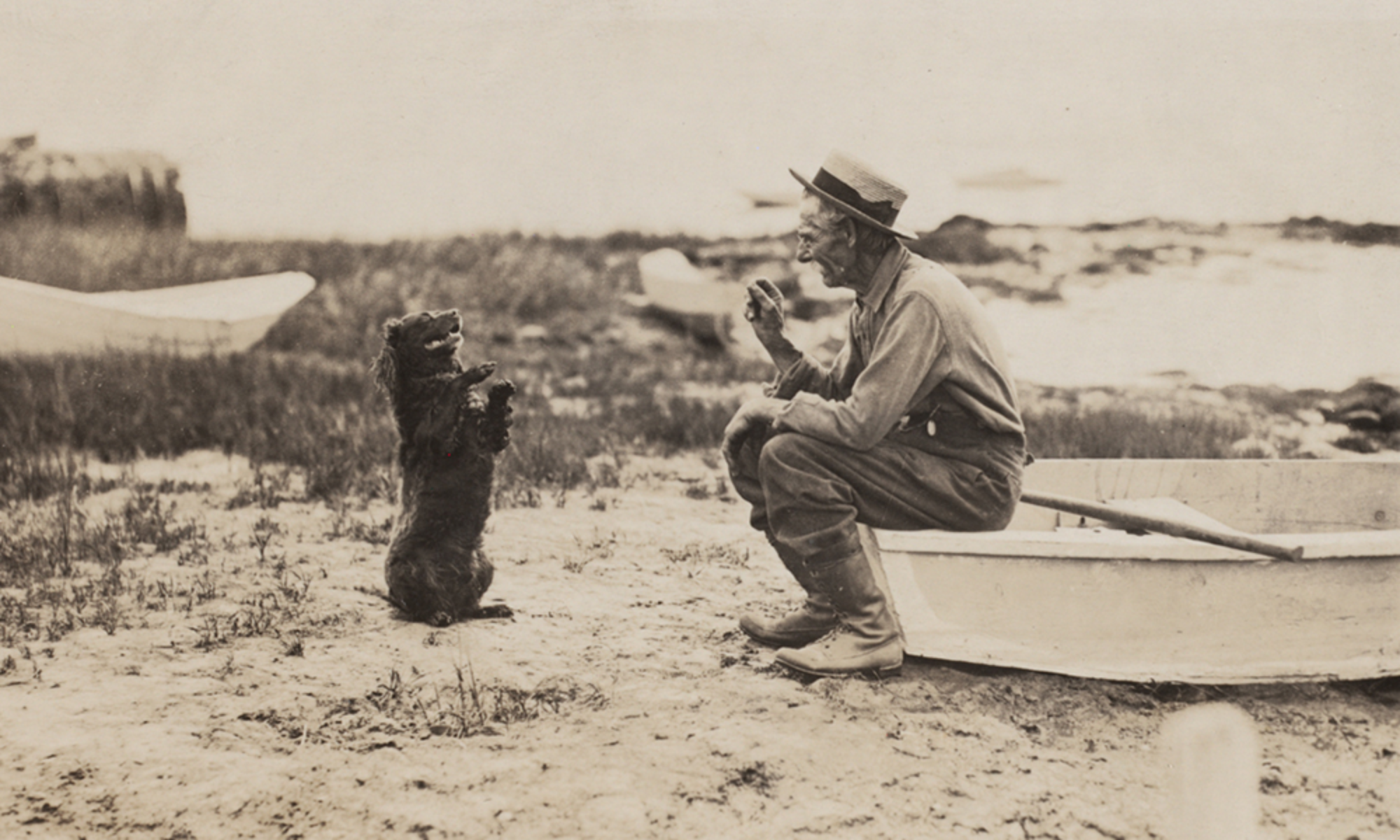
Benjamin Mitchell (1827-1865), who wrote as Cousin Benja, is featured in this month’s exhibit. He spent all of his life in Kingston and composed poetry and essays primarily about nature, God, and the spirit. The following poem is included in a collection of his works, Poems and Letters, compiled by his sister after he died.
Childhood Hours
Oh, give me back my childhood hours,
When I was young, and free
To roam among the woodland bowers,
By mountain side and lea!
To chase beneath the noonday sun
The golden butterfly;
And sail my boat upon the tide,
Beneath the sunset sky.
Oh, give me back my mountain hours,
When not a care I knew;
With heart as gay as summer flowers,
And light as evening dew!
To trace along the hidden path,
That winds by rock and stream;
And pluck the daisy from its bed,
Among the mossy green!
Oh, give me back my childhood hours,
My schoolmates young and gay;
To roam again in quest of flowers,
The pleasant fields of May!
And then at noon to sit and chat,
Beneath the greenwood tree;
And eat our bread and butter there,
And call it “taking tea!”
Oh, give me back my childhood hours,
The dearest to my heart;
When I could sit in Nature’s bowers
And see the day depart.
When I could view the Queen of Night
In lovely beauty dressed,
Casting her silver rays of light,
To make the earth look blest!
Oh, give me back my childhood hours,
Where memory loves to dwell—
Too dear they are to be forgot,
I ever loved them well;
But childhood hours, and halcyon scenes,
Will ne’er return again;
And I must learn to leave my boyhood dreams,
And live like other men!
Source: Cousin Benja. Poems and Letters. Plymouth: Memorial and Rock Press, 1866.



